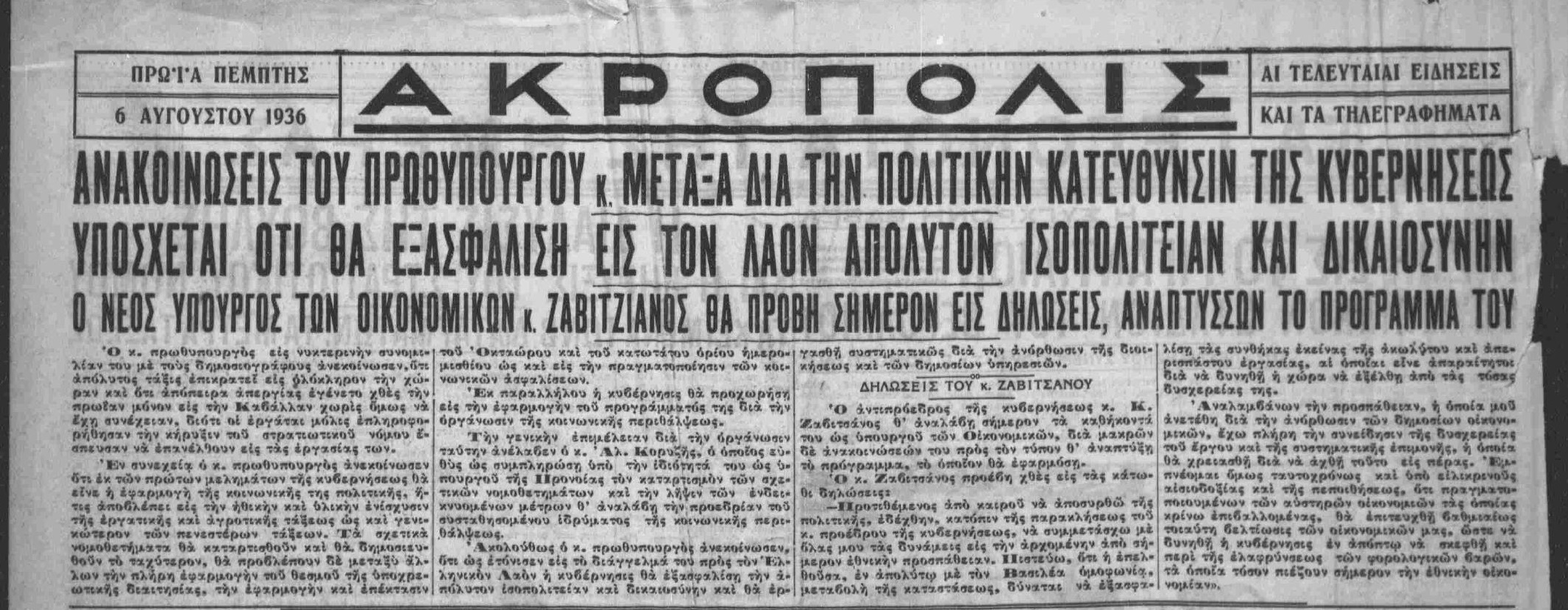
The Metaxas government sought to acquire total control of the press and information, censorship, and the creation of a mechanism of propaganda.
The dictatorial regime of the 4th of August was imposed in 1936, following several years of intense political polarization and unrest. Like all authoritarian regimes, the Metaxas government sought to acquire total control of the press and information, censorship, and the creation of a mechanism of propaganda that would promote the ideals of the Third Greek Civilization. Of course, bans on the press had already been imposed during the turbulent interwar period, prohibiting the circulation of publications and magazines that would spread “dangerous” ideas, while since the beginning of the 1930s -with the voting of the “Idionymo”- control had become stricter and wider.

The 4th of August regime tightened and extended bans on the press. This task was undertaken by the Ministry of Press and Tourism, which was founded in March 1937. The first minister was Theologos Nikoloudis, a journalist and politician of the Eleftherofrones (‘Freethinkers’) Party. The newly established ministry had the “Foreign Press Directorate” and the “Domestic Press Directorate” with responsibilities such as disseminating “ideological principles within the framework of national traditions and aspirations”, supervising “newspapers, magazines, books and publications in general”, “theatre plays and films”, “lectures, gramophone records of radio broadcasts, etc. “. The Compulsory Law of 1938 “on the press” further tightened control over the press and defined the penalties to be imposed on those who “abused the freedom of the press” and turned against the regime, the governor or the king.
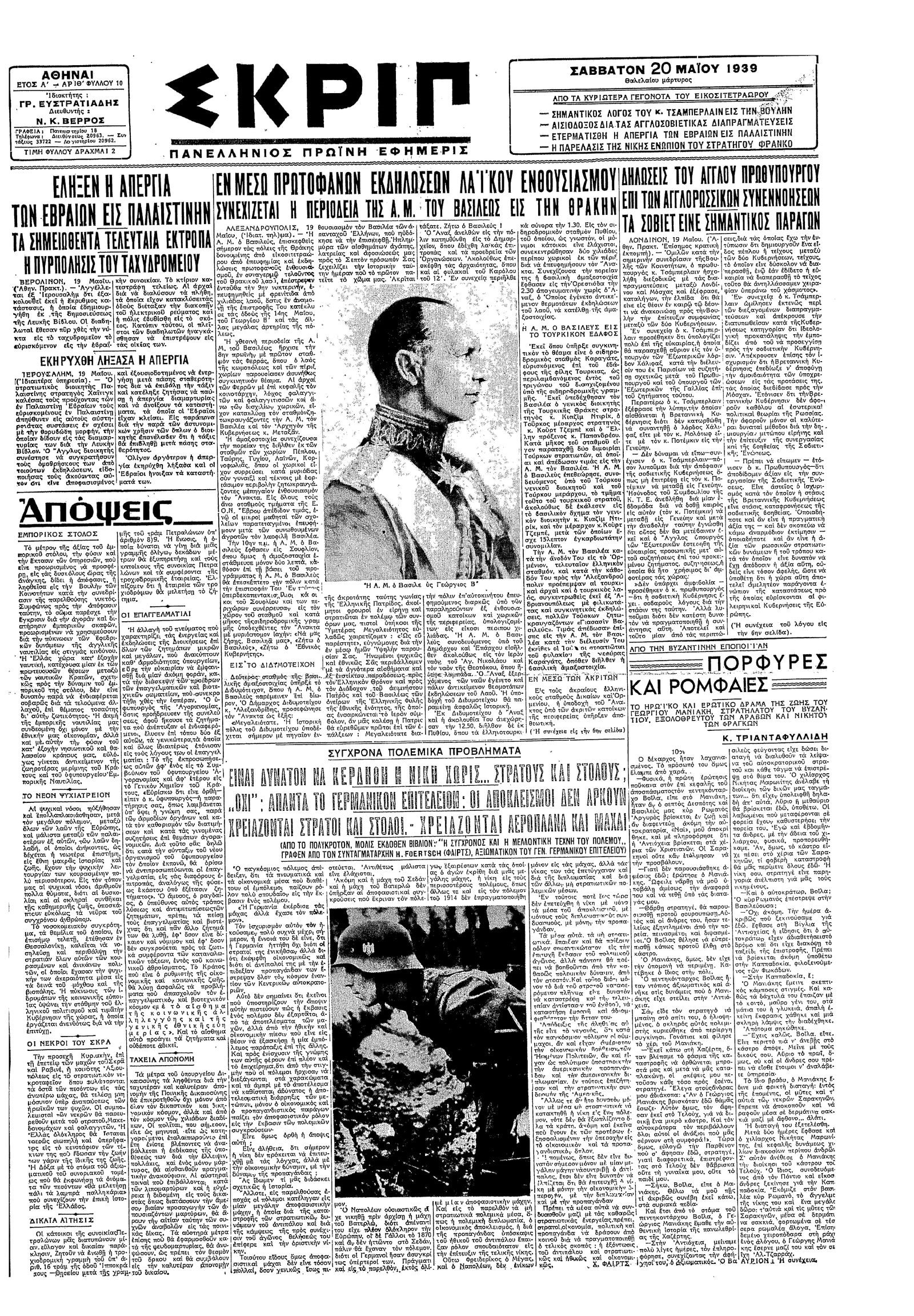
The newspapers of the time, often voluntarily, became the regime’s propaganda tools. However, there was no shortage of illegal publications against the dictatorship. The KKE (Communist Party of Greece), having been targeted by the state persecution mechanisms, continued to operate illegally and produce political publications. Illegal newspapers were also published abroad, in cities with Greek populations. Typical examples are the newspapers Eleftheria (‘Freedom’) and Dimokratis (‘Democrat’) in Paris and the Publication of the Anti-dictatorship Organization of Hellenism in Cyprus and Egypt in Nicosia.
These publications obviously circulated on conditions of anonymity, mainly in Athens and the major urban centers of the country. Most of these efforts were short-lived and were repressed by the state.
In 1939, following the declaration of war, the conditions gradually changed. Censorship laws were not abolished, but the threat of the country’s involvement and the danger of the impending war brought greater support or at least tolerance of the Metaxas government. The declaration of war and the military operations were recorded in the press with daily reports from the front and the international developments. At the same time, small newspapers were circulating among the soldiers at the front. The satirical publications were a special category, which captured the enthusiasm caused by the successes of the Greek army. The cartoonists, who had been heavily censored in previous years, were active again and targeted the Italians and Mussolini. Their satirical sketches were printed in newspapers but also in leaflets that reached as far as Albania. It is worth mentioning that the cartoonists targeted exclusively Italians, leaving the Germans in the clear; which of course indicates that censorship laws continued to operate, as the Greek government and Metaxas sought to avoid provoking Berlin.

However, German forces invaded Greece on April 6, 1941, and Athens on April 27. Immediately the press came under the total control of the occupiers, which created a gap that was soon filled by numerous illegal publications that took charge of the circulation of news and information to the world. From 1941 until the liberation, every year, the number of illegal publications increased dramatically and is certainly one of the resistance acts during the Occupation period. Resistance organizations, political parties, youth organisations and armed groups, released their own publications.
Government Gazette 93/1937
Government Gazette 68/1938
STUDY: “Illegal press in the collections of CSHA (1936-1974). From the dictatorship of Metaxas to the Metapolitefsi (‘regime change’).” Coordinator: Ioanna Papathanassiou, John S. Latsis Public Benefit Foundation Contemporary Social History Archives 2011

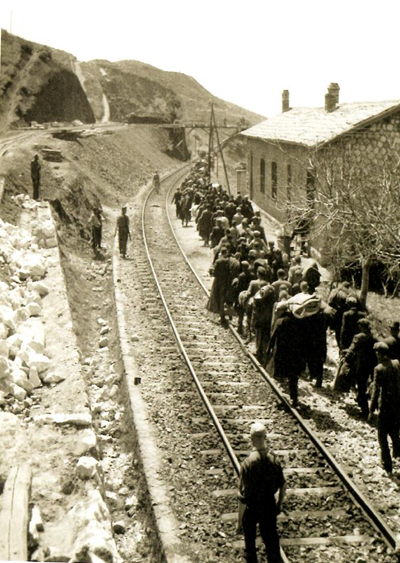
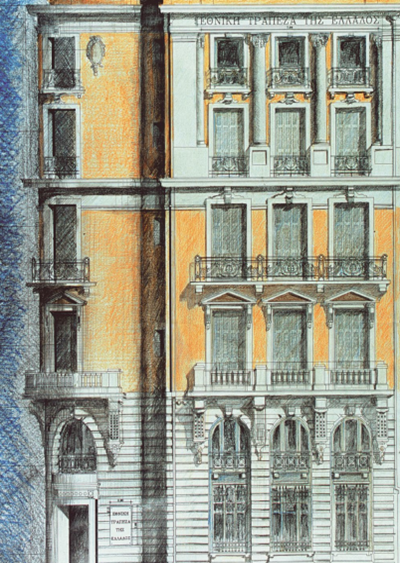
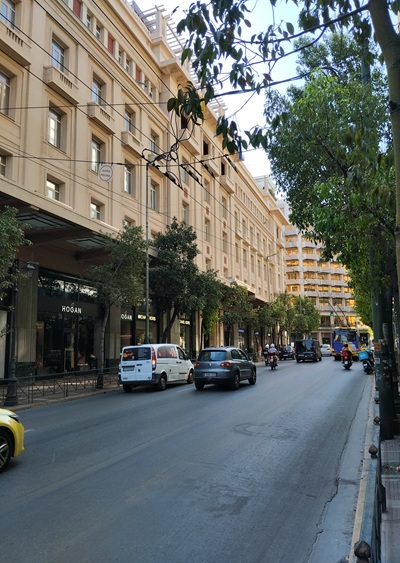



Leave A Comment